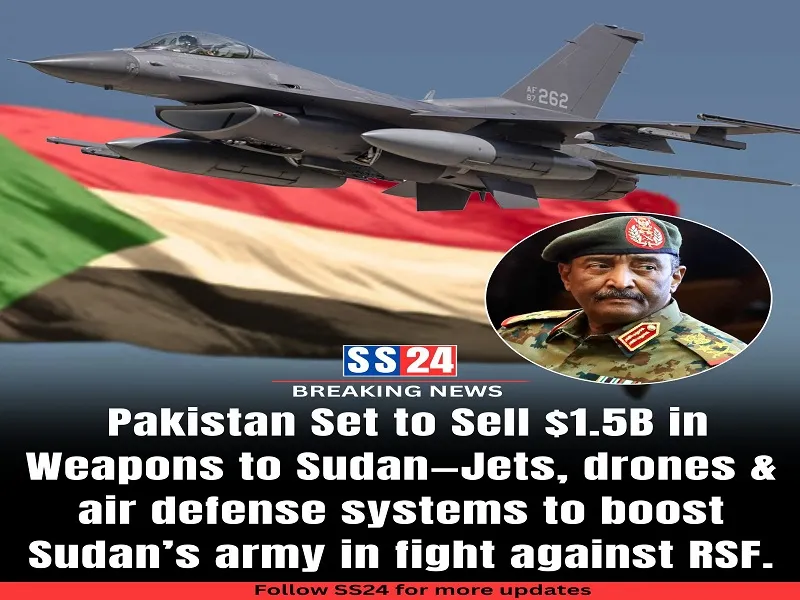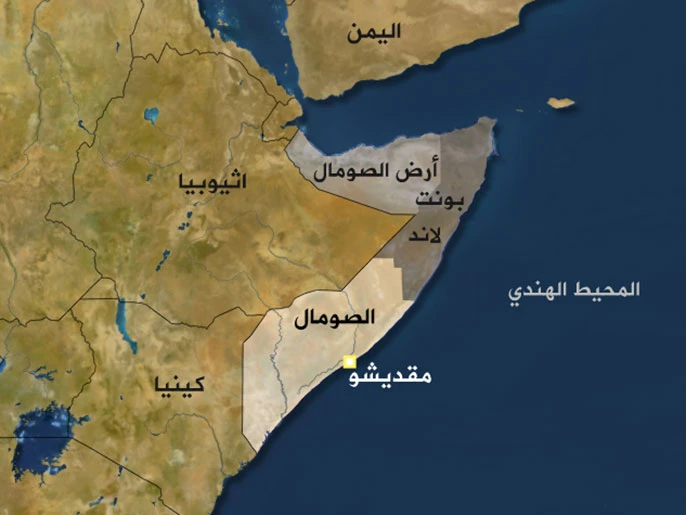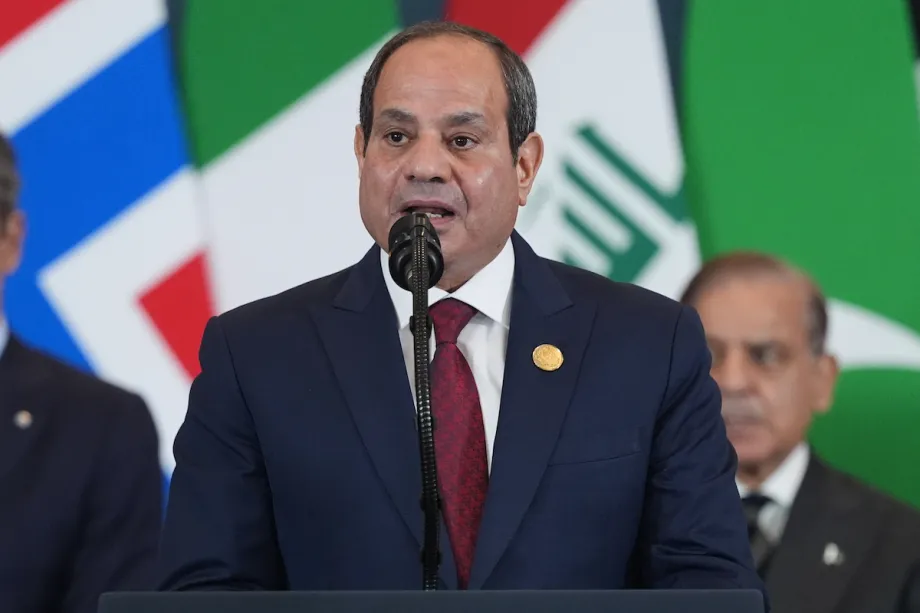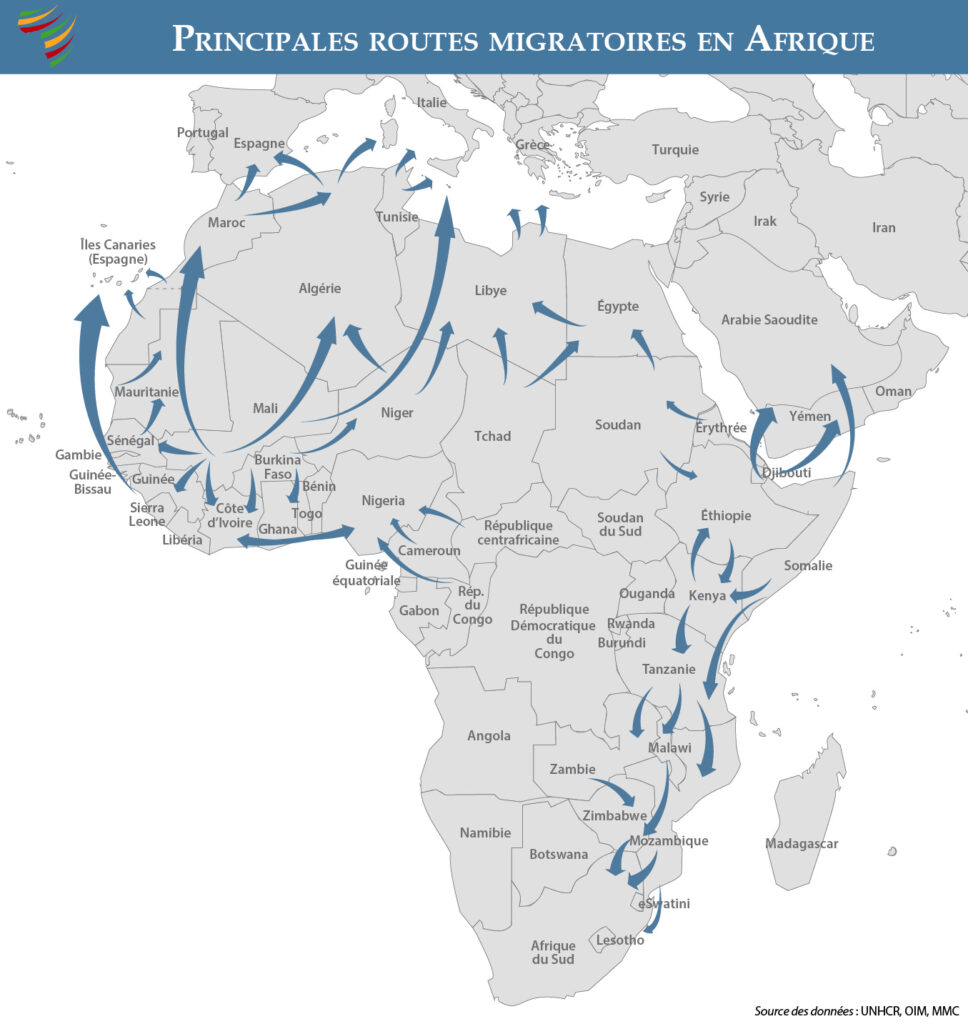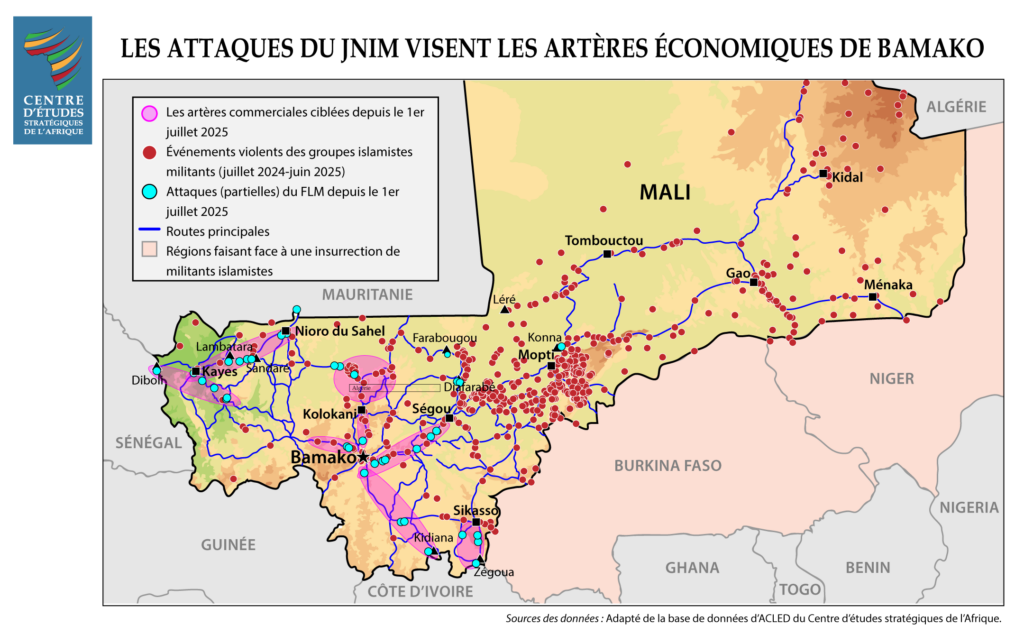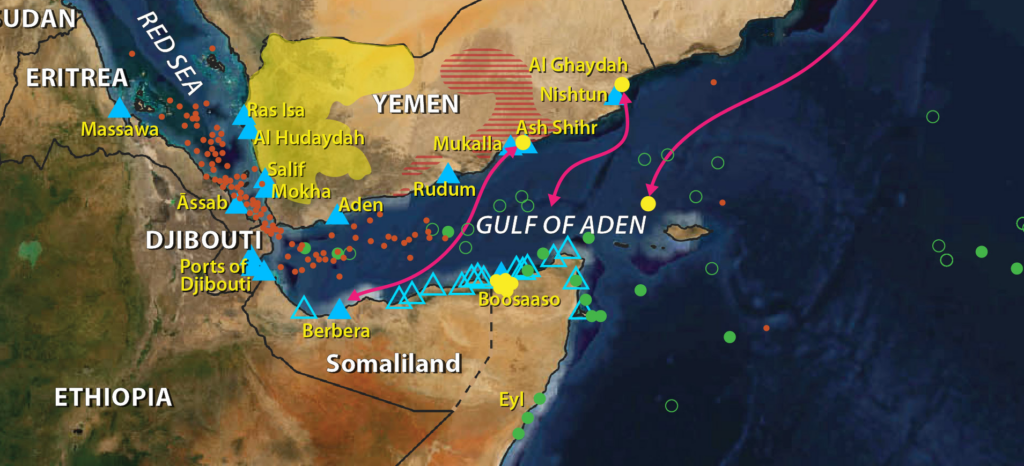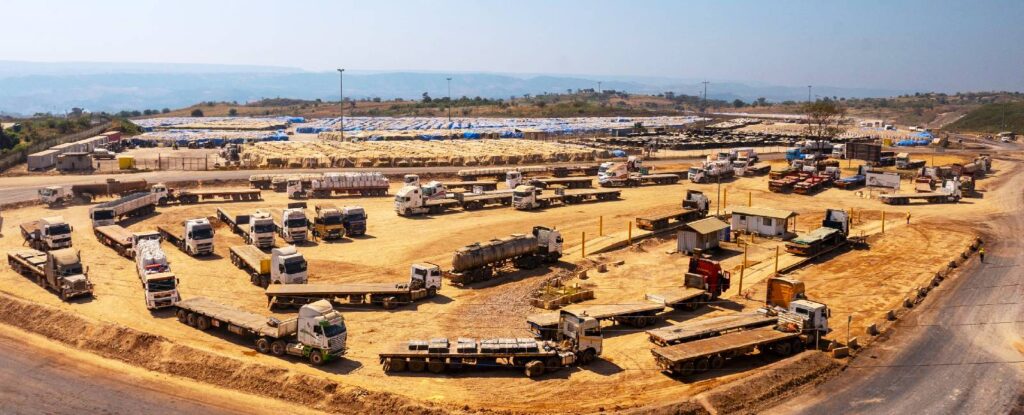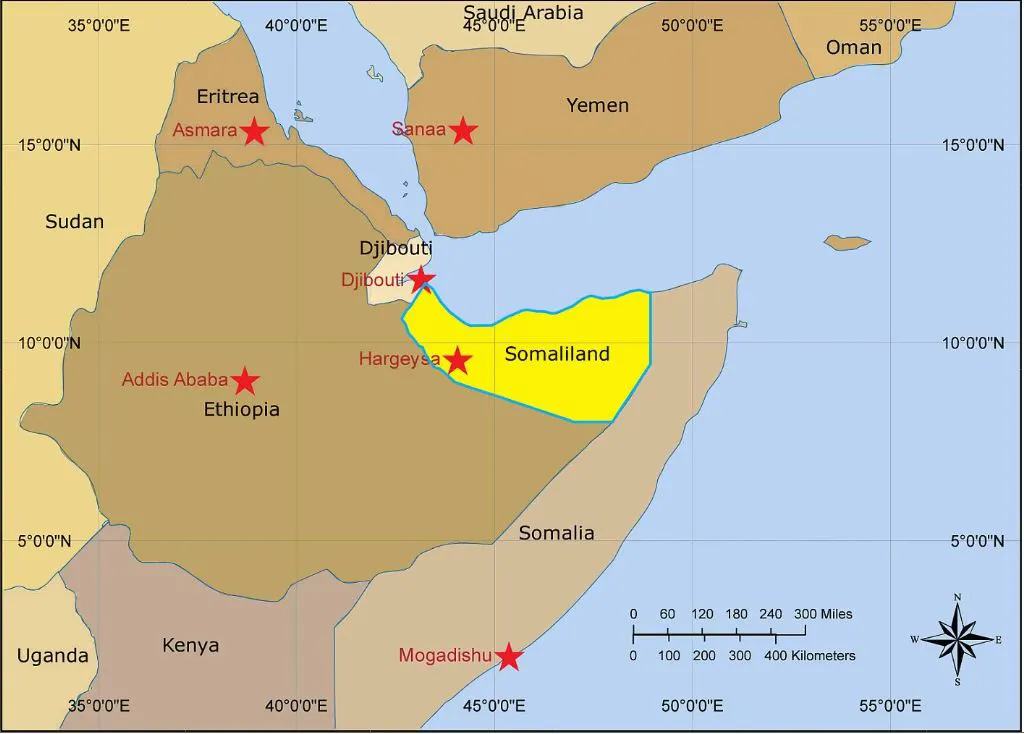How Sudan’s shifting battlefield will test Egypt’s ‘red lines’
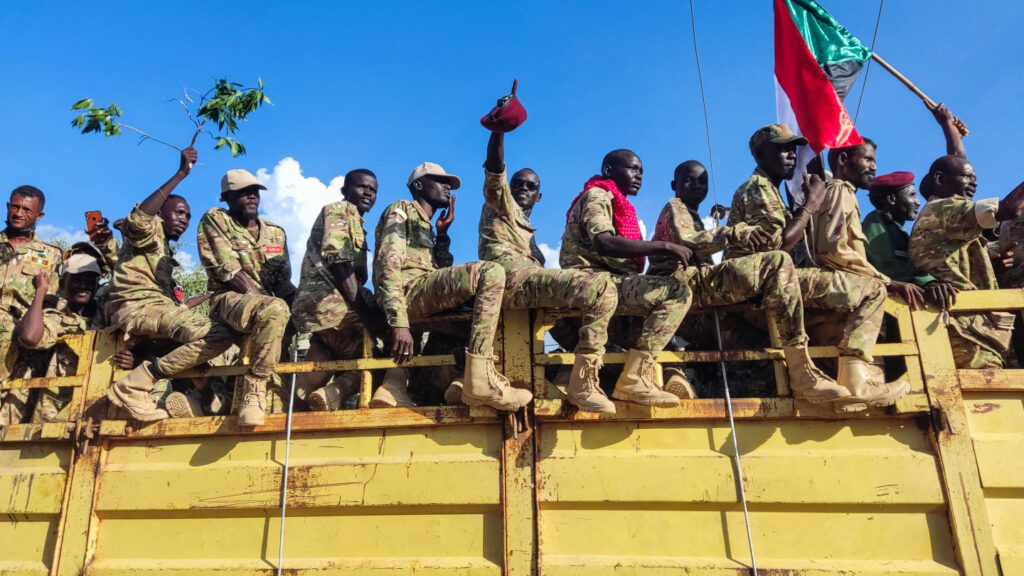
After El-Fasher’s fall, Egypt faces the choice of intervening in a war against UAE proxies, or standing by as its ‘red lines’ in Sudan fade into irrelevance
For nearly a thousand days, Egypt’s posture toward the civil war in Sudan was one of “strategic patience,” as Egypt’s Foreign Minister Badr Abdelatty framed it.

